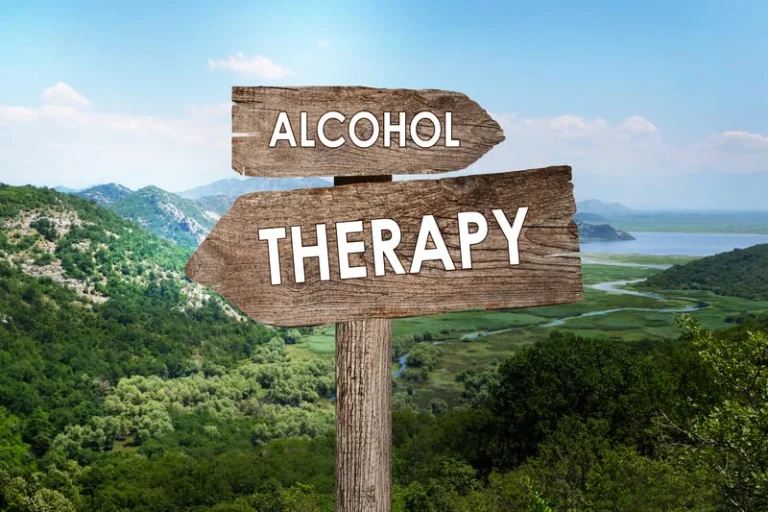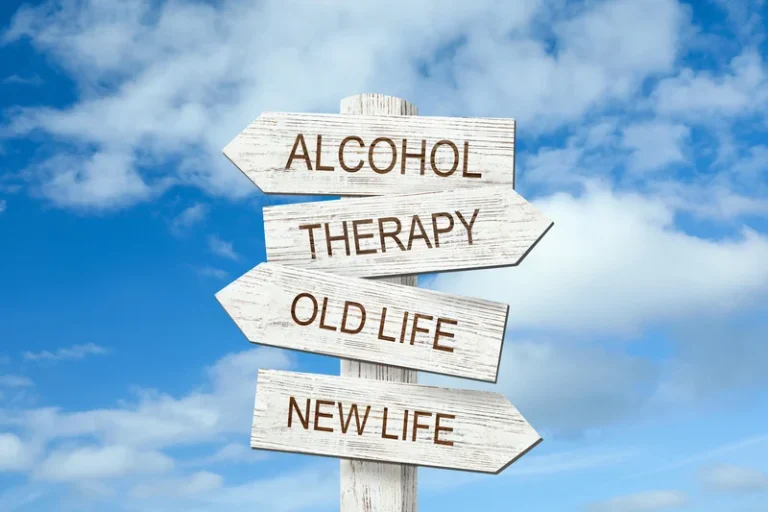Dialectical Behavioral Therapy in Alcohol Addiction Recovery

Dialectical behavioral therapy (DBT) is a type of therapy which stems from Cognitive behavioral therapy (CBT).
Over the years, psychotherapists searched ways to help people get through therapy in a less distressing way. Dr. Marsha Linehan established DBT initially for women who have borderline personality disorders, suicidal thoughts, and self-harm behaviors, which are chronic depressive symptoms that could result from drug or substance use. DBT has proven to be a more effective treatment for these behaviors than CBT.
However, research shows DBT is also highly effective for men. The therapy method teaches people how to get sober or overcome addiction through living in the moment. Studies have shown that people who concentrate more on the moment tend to have happier lives than those who dwell in the past or worry about the next few moments.
In DBT, interaction between constant emotional turbulence with a toxic environment is believed to cause persistent cases of mental disturbance, which leads to the injection of a certain level of optimism that isn’t in the other treatment practices.
To achieve its aim, DBT employs the following treatment stages.

Stage 1: The transition from feeling out of control to being in control
The stage usually focuses on helping reduce the reckless behaviors resulting from the frustration of the inability to get things done. It gets challenging at the initial stages, and the absence of your usual coping mechanism makes reality a more glaring situation you’d instead not thread. The resulting feelings from this are usually severely out of control and take great discipline to handle.
The transitioning from out of control stage skills increase attention, improve relationships by understanding emotions, and reduce distress by sorting through them.

Take back control of your life and start on the road to recovery now.
Stage 2: From emotionally Unavailable to Emotionally engaging
People with mental health disorders most often cope by shutting their emotions to everyone, which usually ends badly. It becomes difficult to move on when you do not allow yourself to feel emotions.
The emotionally engaging stage helps avoid relying on emotional escape while adequately experiencing feelings with a better expression.
Stage 3: Leading an ordinary life with ordinary problems
This stage helps focus on the problems at hand rather than your target’s extreme addiction problems. Thinking about more significant issues like extreme suicidal or self-harm behavior and how to solve it could result in a more stressful stage than before. However, when patients focus on more immediate life problems like career goals, relationship conflicts, or coping at work, they become more relaxed towards fighting addiction, which brings about faster addiction recovery.
Stage 4: Feeling complete or Connected
The previous stages concentrated on lowering undesirable symptoms, while the final stage’s purpose is to allow the client to progress toward happiness in the future. Finding a sense of connection to the world, according to DBT, assists this goal.
Dialectical Behavioral Therapy
To achieve these goals, DBT uses four primary skills, and they are:
- Mindfulness
- Distress tolerance
- Interpersonal effectiveness
- Emotional regulation
1. Mindfulness
Mindfulness is a crucial lesson in DBT because changing a long life pattern of feeling, thinking, and acting without intentional mindfulness is impossible. Being mindful helps achieve emotional regulation practices, solve interpersonal relationship problems, and scale crises without worsening them.
Mindfulness is an adaptation of meditation practices for therapy. It helps to focus on one’s breathing alone, keeping you in the present. People often employ breathing practices to separate their thoughts from emotions to make clear decisions.
Mindfulness skills will help those fighting addiction maintain control over the pains of not using alcohol or painful emotions. This treatment skill is particularly effective in adolescents.
2. Distress Tolerance
Distress tolerance is the ability of individuals to cope with an actual or perceived emotional discomfort. Tolerance requires navigating an emotionally charged situation with no exacerbation.
People with disorders often become overwhelmed by stressful situations and may use harmful coping techniques to get through them.
Distress tolerance skills in addiction will help individuals find productive distracting ways from difficult emotions until they dissipate.
Some distress tolerance practices include;
- Cooling off by doing things that will bring down your body temperature, like having a shower or putting on the AC.
- Get active by engaging in exercises or simply activities you enjoy. Read a book, call a friend, take a walk in the park. Anything that keeps your mind occupied and turns it away from destructive emotions will suffice.
- Perform kind deeds. In various ways, serving others might help you cope with your emotions. An act of service is also an excellent approach to divert your focus away from the topic at hand. Furthermore, helping others makes us feel good about ourselves, which may help us cope with stress. Assist with dinner preparations or prepare cookies for a friend or family member. Each of these ideas will take your focus away from your current situation.
3. Interpersonal Effectiveness
Interpersonal effectiveness refers to your ability to interact with others effectively. Interpersonal relationships are a required skill to keep healthy relationships, a key factor to good mental health. To gain your objective of any relationship or keep your self-respect in the secular world, you must possess a tremendous interactive skill, which is why it has become an essential part of therapy, especially DBT.
Learning how to solve interpersonal conflict productively is an integral part of dialectical behavioral therapy as it involves teaching individuals how to assert and apologize less. Asserting situations brings about less of acting like a robot, helps to make unsentimental decisions, and increases one’s confidence and esteem.
Some examples of interpersonal effectiveness skills include:
- Listening skills
- Conflict Resolution Skills
- Diplomacy
- Being empathic
- Using humor to de-escalate a stressful situation
- Nonverbal communication or body language skills
- Sensitivity to other people’s needs
- Developing the ability to give constructive feedback and receive.
4. Emotional Regulation
Emotions are both beneficial and necessary. They communicate our surroundings and our experiences. Emotional regulation’s goals include:
- Naming and understanding our feelings.
- Reducing the frequency of unpleasant emotions.
- Reducing our vulnerability to emotions.
- Reducing emotional suffering.
In contrast to distress tolerance and mindfulness, emotional regulation focuses on preventing painful emotions from arising in the first place.
In DBT, you learn to accurately label the emotions you experience because it is easier to deal with emotion when you accurately describe it.
Patients also learn to distinguish between primary emotions and the potentially harmful secondary reactions from them. Disrespect, for example, can cause a racing heart, trembling, and tears in the eyes. Emotional regulation is the process of learning to control one’s primal emotional impulses.

In What Ways Can DBT Be Carried Out?
DBT employs a specialized treatment approach to achieve treatment objectives. The method is in four sections, three of which are client-centered and one of which is therapist-centered. They are:
- DBT group therapy, where a patient meets with a group of people with similar addiction and substance use cases. Group therapy usually has a setting where the therapist teaches a skill set and gives group members follow-up tasks.
- DBT Phone Coaching, where a therapist is usually readily available to assist clients with present issues. The therapist does not instruct the patient on dealing with current problems but instead asks for available resources, determines how comfortable and enabled the individual is, then assists them using those resources to help them.
Therapy consultation for DBT involves an intense treatment process for the client. It is an individual therapy that focuses on addressing the patient’s past and present issues. The treatment is as fierce on the therapist as it is on the individual. The therapist often needs and gets a support system from other therapists to better care for that individual.
What Does DBT Treat?
DBT can is used for the treatment of the following:
- Suicidal ideations, which often result from built-up stress, depression, and anxiety disorders. Individuals who use substances and alcohol as a coping mechanism are at high risk of suicidal thoughts.
- Substance use disorder, the excessive use of drugs or alcohol.
- Borderline personality disorders, which involve constant mood swings and changes in behavior.
- Eating disorders: a condition marked by excessive eating to the point that it becomes detrimental to one’s health.
- Depression.

This can be a difficult journey, but you don’t have to go it alone. Let us be your guide and provide you the environment needed to regain control of your life and begin the path to recovery.
Conclusion
Getting over any addiction is usually an arduous, lonesome journey, especially when taken alone. Apart from the fact that the motivation just doesn’t come on some days, you could require additional inputs or help from a third party to get a worthwhile treatment.
However, finding this help is made easy as you can have instant access to one of our highly trained DBT therapists by reaching out to us. With the nature of the treatment and its successful reputation, therapists get prepared before they embark on the method. Ecosoberhouse.com is reputable in provisions of every needed resource to take whatever route you choose to be a painless one.




